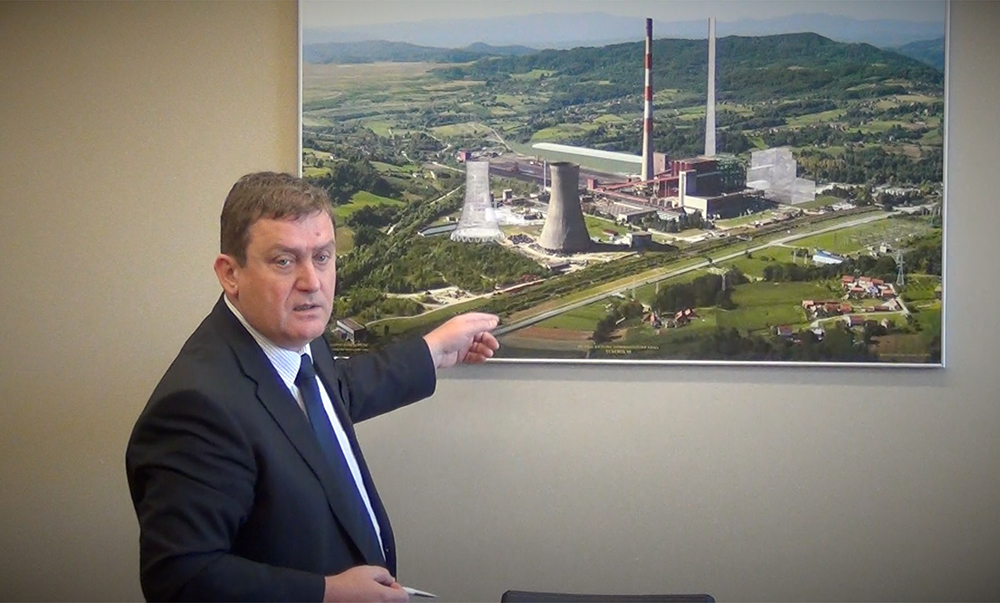Chairman of Independent Police Oversight Board Resigned
Žiko Krunić resigned after it was established that he violated the BiH Law on Conflict of Interest.

Žiko Krunić (Photo: CIN)
By: The Center for Investigative Reporting
The Chairman of the Independent Police Oversight Board of the Bosnia and Herzegovina’s (BiH) Parliamentary Assembly, Žiko Krunić, handed in his unequivocal resignation after the state-level Commission on Conflict of Interest established that he worked at Ugljevik Mine and Powerplant (RiTE) during his tenure on the Board. This violates the Law on Conflict of Interest as it represents incompatibility of offices for which the Commission fined him — giving him a 30-day deadline to resolve the conflict by dropping out of one of the offices.
Krunić wrote his resignation letter the same day. He explained that he was resigning because of “obstruction from the oversight bodies in establishing the responsibility for an attack on the Prime Minister of Serbia which took place at the Memorial Center of Potočari in 2015“.
Deputy chairman Enes Obralija said that this was not the real reason behind Krunić’s resignation:
“The real reason for his resignation is that the Commission on Conflict of Interest of the BiH Parliamentary Assembly established that Žiko Krunić was in a conflict of interest.”
Krunić did not respond to calls from reporters from the Center for Investigative Reporting in Sarajevo (CIN).
The Commission found that Krunić had been in a conflict of interest since March 2014. In its story CIN showed that Krunić held two conflicting offices for one year longer as he was appointed RiTE director at the end of March 2013, at the time when he had already been on the Board for four years. During the time he was the Board’s chairman, Krunić was initially the RiTE’s director general and later also the manager of its corporate management department.
CIN reporters also revealed that Krunić was a member of the Alliance of Independent Social Democrats whilst serving on the Board which is prohibited by the Law on Independent and Oversight Bodies of Police Structure in BiH. CIN also found that his colleagues from the Board, Mato Jozić and Adisa Begić, were also members of other political parties.

 NEWS
NEWS 16.12.2016
16.12.2016



 CONTACT
CONTACT